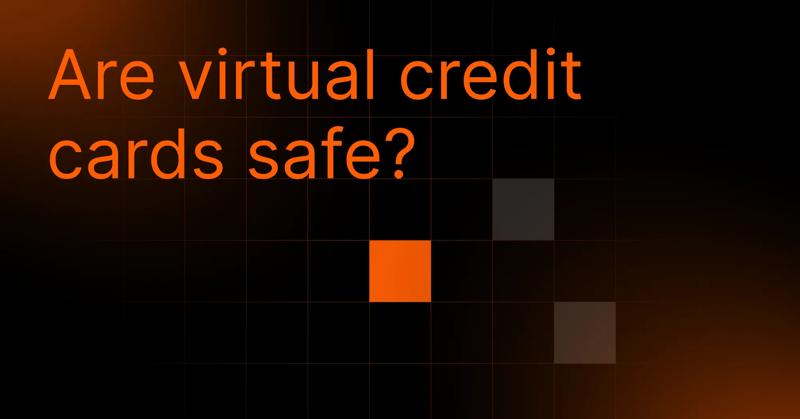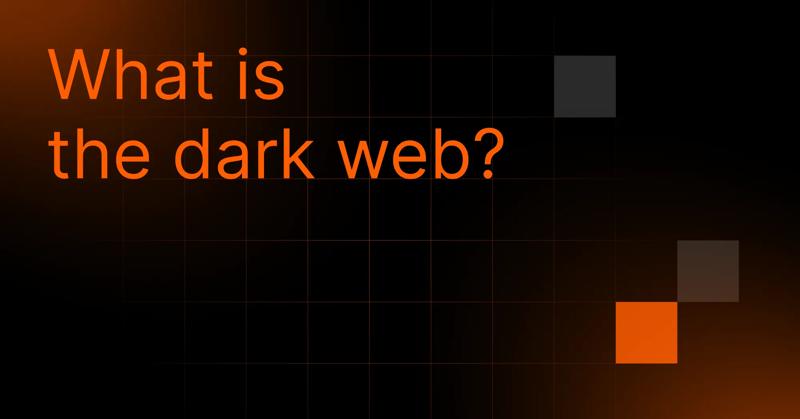What is credit monitoring, and do you really need it?
Your credit is one of the most important tools you have in life. It affects whether you’re approved for a mortgage, a car loan, or to rent an apartment, and the terms you’ll pay along the way. Because your credit is tied so closely to your financial identity, criminals often target it. That’s where credit monitoring services come in. In this guide, we'll explain what credit monitoring is, how it works, what it can and can’t do, what its benefits are, and whether it’s worth it for you.

What is credit monitoring?
Credit monitoring is a service that tracks the activity on your credit reports and alerts you to important changes. These services monitor your credit reports from the three major credit bureaus in the United States: Equifax, Experian, and TransUnion. When a significant change occurs (such as a new credit card application, a hard inquiry, or a major shift in your credit score), you receive a notification.
In simple terms, a credit monitoring service acts like an early warning system against identity theft. If someone tries to get a loan or a new credit card in your name, you’re alerted quickly so you can respond before the damage gets worse. It also keeps you informed about your own credit behavior, which is valuable for improving or maintaining a healthy score.
How does credit monitoring work?
Credit monitoring services continuously monitor your credit reports for key activities. When something new shows up (such as a credit inquiry, a loan application, a new account, or an address change), they generate an alert. You typically receive these notifications by email, text, or through a mobile app. While you could request and review your reports yourself, monitoring services provide faster and more consistent tracking across your credit file.
Some advanced credit monitoring services also scan for your personal information on marketplaces where stolen data is bought and sold. If your Social Security number or bank account details appear in suspicious places, you’ll be notified.
What credit monitoring does
A credit monitoring service gives you timely visibility into your credit profile, making it easier to correct errors and catch signs of identity theft before they cause serious damage. Depending on the specific service you use, it may offer a variety of features.
- Alerts for new credit applications notify you when a lender submits an application in your name so you can confirm it’s legitimate.
- Credit score tracking helps you see how your score changes over time.
- Credit report updates provide access to one or more of your credit reports and alerts when they change.
- Hard inquiry monitoring flags when lenders run a credit check on you.
- New credit account detection lets you know when a new account appears in your credit file.
- Address change alerts warn if your address is updated on your credit file, which could signal identity theft.
- Public records watch monitor for bankruptcies, liens, or judgments filed under your name.
- Dark web monitoring alerts if your personal data appears on suspicious websites or marketplaces.
What credit monitoring doesn’t do
Credit monitoring services are powerful, but they’re not complete solutions. It’s important to understand what credit report monitoring doesn’t do:
- It doesn’t stop fraud before it happens. You’ll be alerted after suspicious activity on your credit report occurs, not before. For example, it won’t prevent your credit card from being skimmed.
- It doesn’t fix credit report errors. If your report contains any errors, you still have to dispute them with the bureaus.
- It doesn’t remove fraudulent accounts. You’ll still need to contact creditors, dispute charges, or file reports.
- It doesn’t guarantee full protection from identity theft. That’s the job of specialized identity theft protection services that offer not only monitoring but also insurance.
- It doesn’t freeze your credit. Credit monitoring and credit freezes are different services.
- It doesn’t automatically improve your credit score. Monitoring is about awareness, not repair.
Benefits of credit monitoring
Credit monitoring services do more than send fraud alerts. They give you ongoing insight into your credit health and help you react quickly when something changes. Beyond that, credit monitoring services offer several additional advantages that make it easier to protect your identity and stay financially informed.
Early detection of potential fraud
One of the strongest advantages is catching warning signs early. Credit monitoring services track activity on your credit reports, including new applications and hard inquiries. A hard inquiry appears whenever a lender reviews your file for a loan, credit card, mortgage, or similar product.
If you receive an alert for a new hard inquiry that you didn’t initiate, that's a red flag that someone may be using your personal details to apply for credit. In other words, if you’ve ever wondered how to know if someone opened a credit card in your name, credit monitoring services provide one of the most reliable ways to find out quickly.
Access to credit reports and scores
Credit monitoring services often include direct access to your credit scores and sometimes to reports from all three credit bureaus. This feature saves you the time of requesting them individually and helps you track how your financial choices affect your credit over time. When you monitor your credit, you become more familiar with your credit history and can spot errors or areas for improvement more easily.
Understanding your credit reports
Some credit monitoring services help you make sense of the information in your reports. They highlight the key factors influencing your credit score (such as payment history, credit utilization, or the length of your credit accounts) and explain how each one matters. Some services also provide practical suggestions for improvement, so you’re not just watching your score but learning how to strengthen your financial health over time.
Peace of mind
If you’ve been a victim of identity theft before, or if your personal information has been exposed in a data breach, the reassurance of knowing you’ll be alerted to suspicious activity can reduce stress.
Address and account change monitoring
Identity thieves sometimes change a victim’s address so bills and alerts go unnoticed. With a credit monitoring service, you’ll be notified if your mailing address changes or if a new account appears.
Dark web alerts
Some credit monitoring services go beyond credit bureaus and scan the dark web. They look for information such as your bank account details, driver's license, or Social Security number. If your data shows up, you’ll get a notification so you can act quickly to limit potential harm.
Should you use a credit monitoring service?
Whether you need credit monitoring depends on your personal situation. It may be especially useful if:
- You’ve been a victim of identity theft before. Credit monitoring services help you catch repeat attempts quickly.
- Your data was exposed in a breach. With millions of records leaked every year, a credit monitoring service adds protection.
- You want to keep close tabs on your credit health. This is especially useful if you’re planning a major purchase soon.
- You’re concerned about peace of mind. Some people simply feel safer knowing they’ll be alerted to unusual activity.
How to choose the best credit monitoring service
Credit monitoring services generally fall into two categories: free and paid. Free options are often included with a bank account, credit card, or identity theft insurance. Paid services usually provide broader coverage, such as monitoring all three credit bureaus, checking your files more frequently, and sending faster alerts.
When comparing your choices, focus on the features that matter most to you. A strong credit monitoring service should offer:
- Credit score tracking to monitor your progress over time.
- Dark web monitoring for added protection if your personal details are exposed online.
- Fraud resolution support in case your identity is stolen.
- Ease of use with a clear app or dashboard.
- Good value for your money.
Scams are in the air!
Save 71% on identity theft protection with fraud insurance
30-day money-back guarantee
View promotion details.
FAQ
Do credit monitoring services improve my credit score?
Does credit monitoring have any drawbacks?
Should I choose a free credit monitoring service?
Can credit be protected for free?
What is the difference between credit monitoring and identity theft protection?
Ugnė is a content manager focused on cybersecurity topics such as identity theft, online privacy, and fraud prevention. She works to make digital safety easy to understand and act on.



